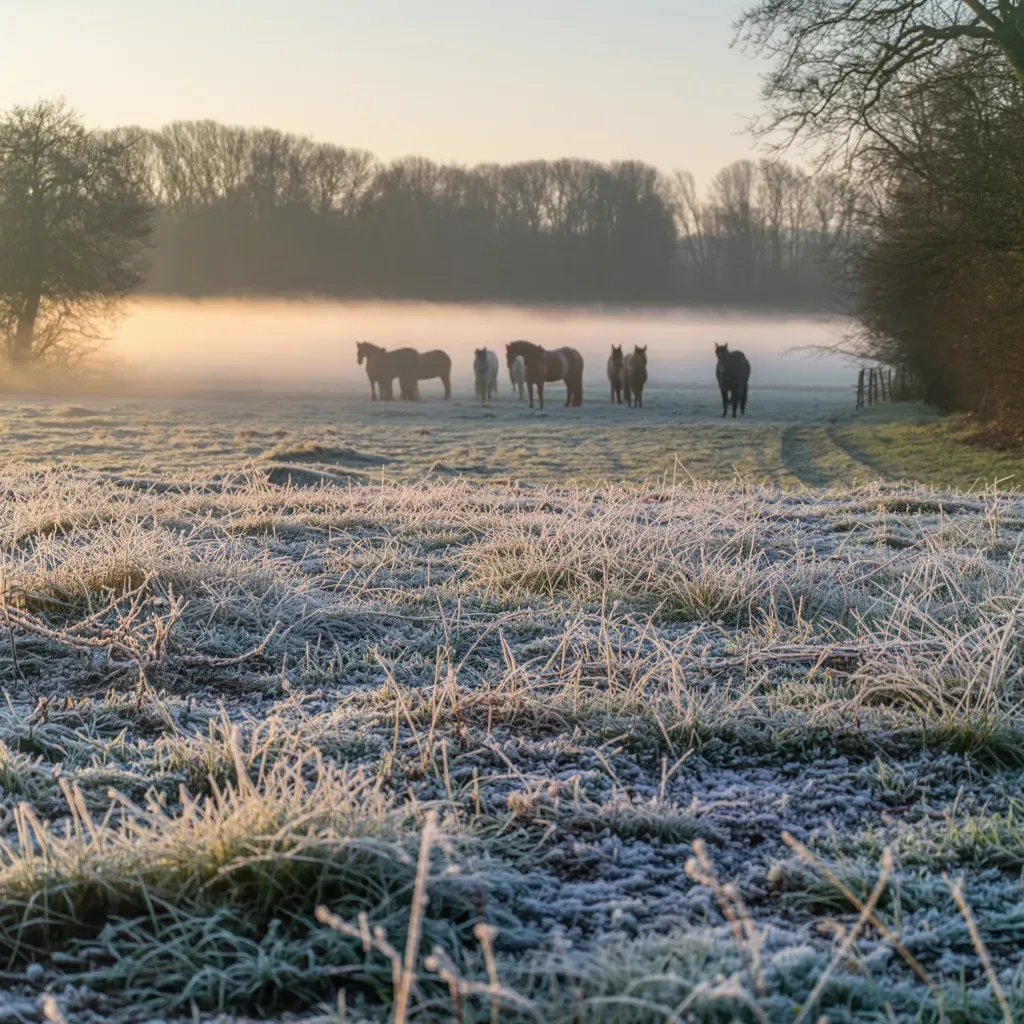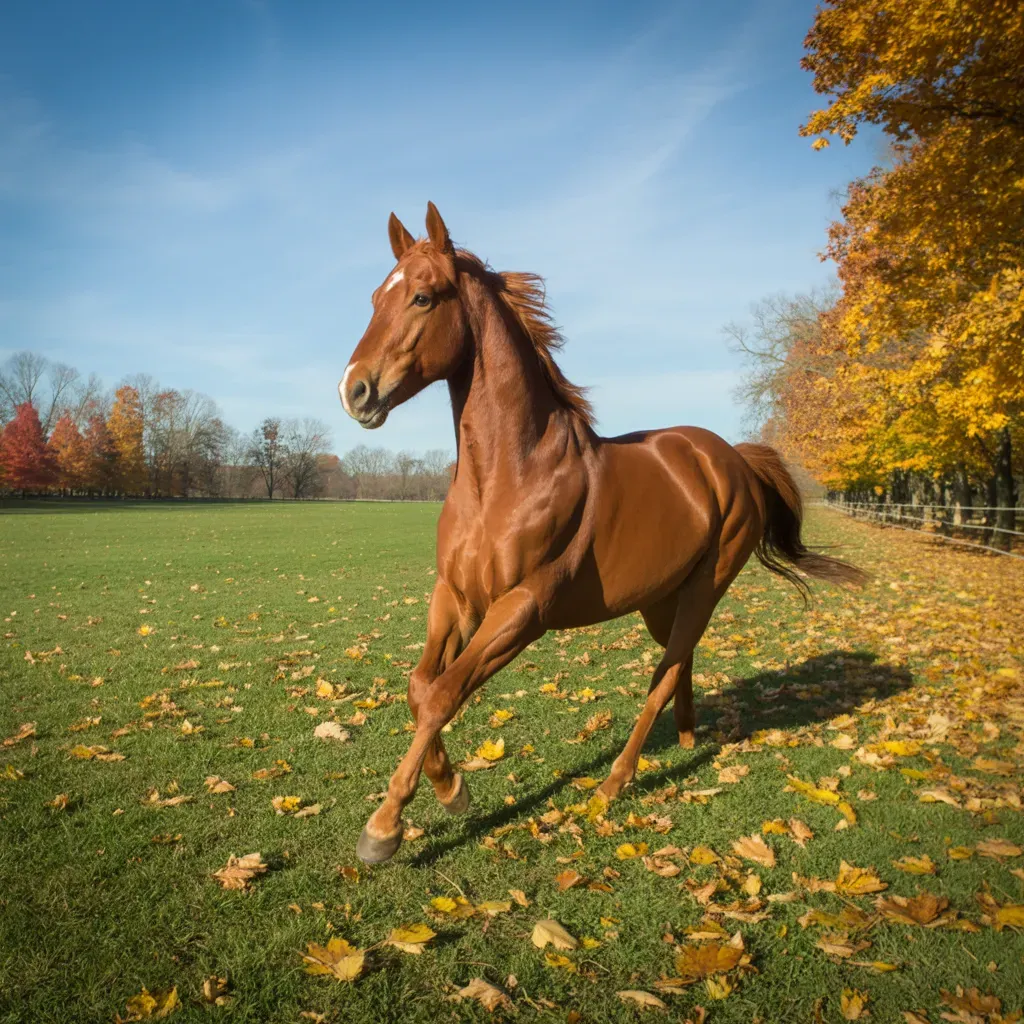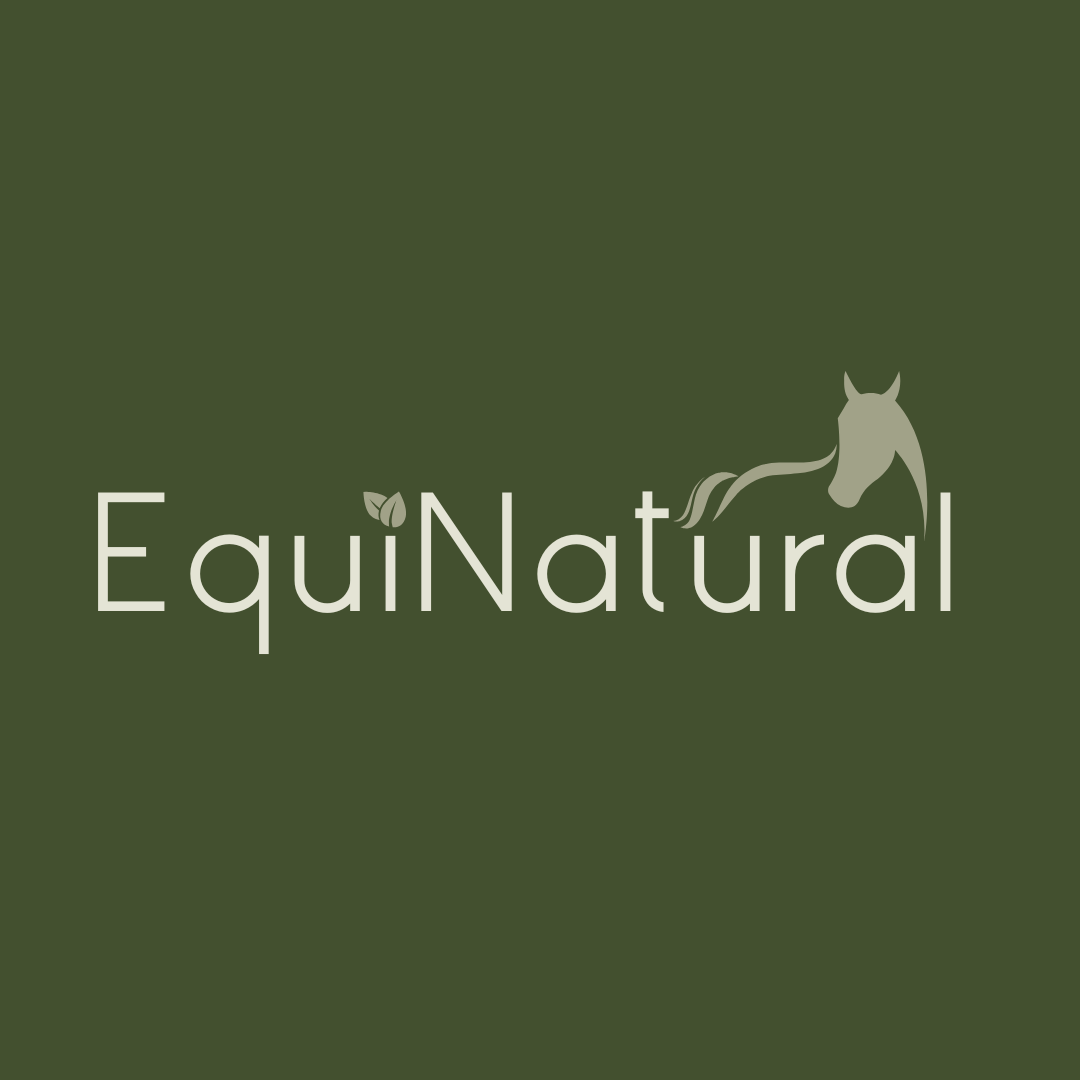Detoxing Eden - why your horse's metabolism deserves a detox now
Perfect preventation makes perfect practice.
Planet Earth was created perfect. And so were we.
Then came all the things us humans created in the name of progress and a bright future, which turned out to be not so good. Things like carcinogen-filled foods, dangerous air pollution levels, radiation-emitting technology, toxic farmlands, never mind what winter throws at us ... the list goes on.
The leading health experts all agree. The fact is, we’ve poisoned Eden.
Thing is, we’re all perfectly designed to handle a normal amount of natural toxins, but the massive amount of man-made toxins we’re exposed to today in our modern world is far too much for our bodies to manage. According to the
Environmental Working Group, there are nearly 85,000 man-made chemicals currently approved for use in our western world, and this number is rapidly increasing.
Our horses don't get away with it either - they eat refined, artificial, processed foods; they breathe the same air as us; they graze near mobile phone masts, under chemtrails, and on chemically saturated grasslands. And they've just got through the worst of winter.
If we were to dive into the nitty-gritty of our horse's inner workings, metabolism reigns supreme. It's the powerhouse engine driving everything from fuelling growth to enabling movement and even reproduction. Picture trillions of tiny biochemical reactions orchestrating these functions daily, ensuring our horse isn’t just getting by but thriving. But what happens if this system gets overloaded?
The metabolism
Before we get lost in the complexities, firstly let’s break it down. Metabolism is basically the sum of billions of biochemical reactions within the cells, keeping the wheels of life turning. When it's humming along smoothly, metabolism efficiently digests food in the intestines, assimilates and absorbs nutrients, and eliminates waste. And behind the metabolic scenes the body's natural, and very sophisticated, detoxification organs – the liver, kidneys, and lymph nodes - maintain this vital balance, aka homeostasis, the dynamic self-regulating process by which a living organism can maintain internal stability while adjusting to changing external conditions.
However, when things go awry and waste starts piling up, internal toxic overload looms. Each part of the detox team - colon, liver, bile, kidneys, have pivotal roles where they all need to be in sync with each other to effect a beneficial detoxification. The colon eliminates waste directly while the liver acts as a chemical factory, converting nutrients and detoxifying harmful substances. Bile aids in excretion via the intestines, while the kidneys filter waste from the bloodstream, excreting it through urine.
However, when this system gets overwhelmed, cue the Red Flags. Metabolic disorders manifest in a wide range of clinical presentations – you’ll see anything and everything from musculoskeletal issues to skin problems, allergies, a compromised immune system, and lest we forget there’s also the all too familiar digestive symptoms. See our 'Everything's Wrong!' section off the main menu above.
Recognising early markers of metabolic distress is key. It’s time to pay attention.
Perfect preventation makes perfect practice
"Healing is a process that always starts with stabilisation. Until the body's stable it cannot heal. The body then needs to detoxify and remove the roadblocks. The body also needs to get the nutrients that it needs to repair itself. When you have this combination in place the body can truly begin to heal."
Dr Nuzum, Toxicologist, Doctor of Naturopathic Medicine
So, what can be done to address metabolic imbalances? Simple.
Alleviate, Detox, & Fortify.
Alleviate
If there’s pain or stress, we need to help our horse's body stabilise. A horse's entire function will be completely focused on these, and it will be beyond their control, so these need alleviating before any kind of fix-kit can take effect.
Detoxify
Time for a detoxification software update - meet our OptimaCARE 3-stage detox programme.
For an overall deep cleanse, our 3-stage full-body OptimaCARE programme works in sequence from the gut downwards, over 30 days, and fed in powder form for swift digestive efficacy. With each stage fed over 10-days, Stage 1 addresses the gut system; Stage 2 stimulates the liver and kidneys; Stage 3 completes the programme focusing on the circulatory systems – blood and lymphatics.
The synergistic combination of each stage of our OptimaCARE formula supports restoring a healthy balance back into your horse's metabolism, immunity and elimination routes.
Top Tips
· Support hindgut acidity with the toxin-binding superhero that is spirulina.
· Don't forget the spring coat change - MSM will lend a helping hand to ease the load on the liver and kidneys during this time.
Fortify
Everything starts with the gut, and how we feed our horses. Processed food, changes to soil, environmental toxins ... all have collectively caused an epidemic of nutrient deficiencies. Time to optimise feeding practices, and remember, nutritionally unbalanced forage means a nutritionally unbalanced horse. So, feed quality meadow hay, dump the feedbowl junk and close the nutrient gap by balancing your horse’s chemistry with a mineral balancer. Important - transition gradually over at least 2-weeks to allow the hindgut biome to get used to the changes.
See our
Alleviate, Detox, Fortify COMBO for the full programme.
To conclude
Be proactive with perfect prevention - now is the time to prioritise detoxification for your horse’s optimal metabolic function and vitality.
By recognising those early warning signs and implementing a comprehensive inner-engine clean-up, you're safeguarding them for a summer of wellness 😉
Safety - Do not detox horses during onset laminitis due to the risk of re-toxification.
Meet our other Detox COMBOS - where horse wellness meets convenience
Our COMBO range combines our various equine health ‘programmes’ into a discounted one-stop-shop collection.
*Available in both pony and horse size.
We also have our Yard First Aid COMBO, a selection of useful tinctures to have on the shelf as an emergency - this is what I personally keep on the shelf in our feed room. Each comes in 100ml bottles to see you through short-term if and when needed. And being in tincture form, they come with a minimum 3-year shelf-life so will last you ages.











